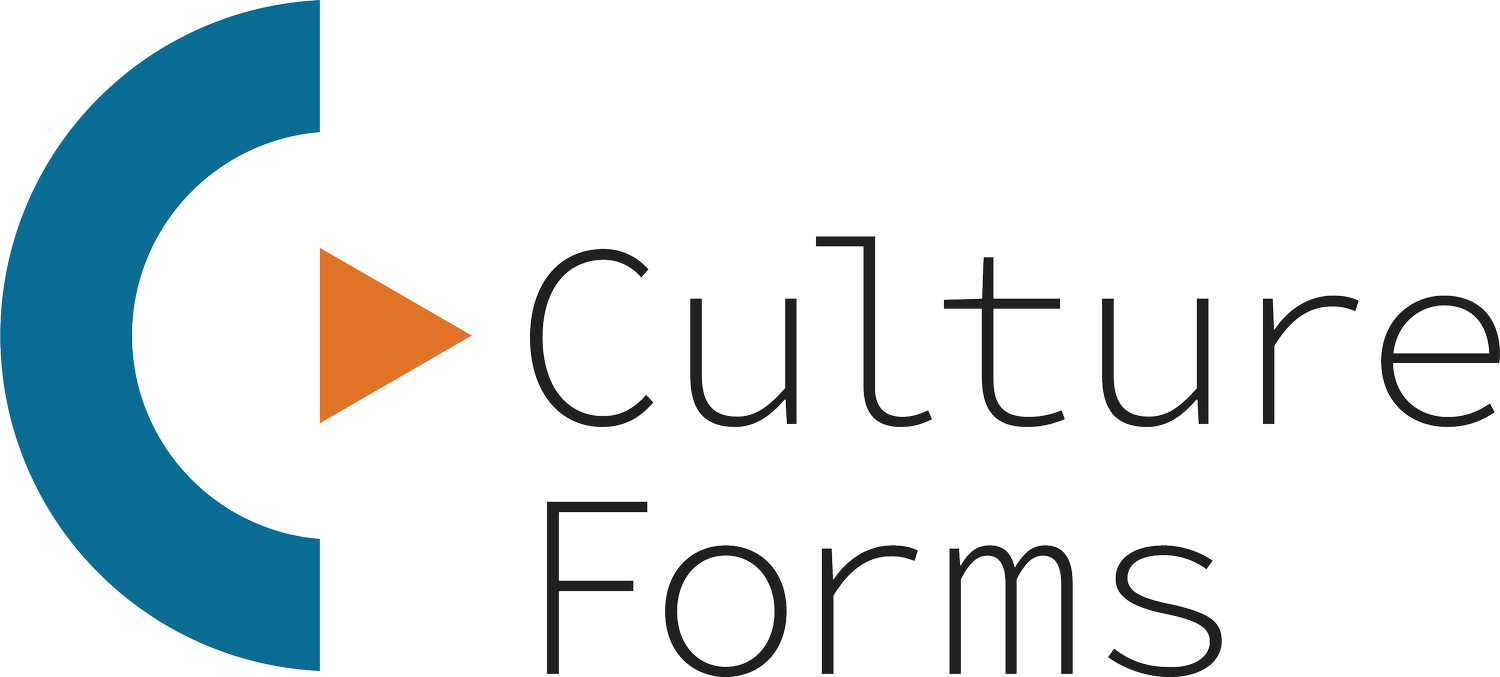On Multi-directional Mentorship
There’s a Post-it on my wall that says “Mentorship does not equal networking.” It’s been hanging there a long time and it continues to ring true.
I never had trouble finding mentors (or having mentors find me) when I was younger. Here, I’m talking about the traditional form in which I had something to learn from someone who was willing to teach me. Some of this may have come from a comfort with people in older generations.
Over time I learned that, as with any relationship, some mentorships were easier than others. And, as with any person, there were moments where dynamics shifted and my counterpart and I needed to navigate how we would, too. Sometimes the relationship morphed into something stronger; sometimes, it didn’t.
In my thirties, I found a new form of mentor. Several of them were Gen X or Baby Boomers in leadership positions (often with Millennial children), with whom I established a correspondence either at the front desk of, or on our commutes to and from, the nonprofit law firm where we worked.
What was different about these mentors is that, in turn, each of them let me help them back—however far more experienced they were in their careers.
They’d ask for a perspective on an office or team dynamic, or about something their young adult children said or did. They’d look to me for help about something literary, or to imagine what a creative practice might mean to them or a loved one.
Through these relationships, I discarded my former understanding of mentorship and began thinking about “multi-directional mentorship.” (This concept includes, but is not limited to, peer mentorship.)
What multi-directional mentorship accounts for is the fact that all of us have something to learn from the people we find ourselves alongside in this world. The work is to figure out what those things are, and how to learn them in respectful exchanges that honor each of us having strengths and weaknesses, as well as experiences and gaps in our knowledge and understanding.
I’ve found myself in conversations with several friends and colleagues who say they’ve never had a mentor of any kind. I wish that weren’t the case for their past selves, but it also makes me wonder how they might be set up to mentor others without such an experience. This doesn’t mean they’re unequipped, it just means they have fewer examples.
As someone who has had inter-generational friendships across my life, I’m charmed to notice that I’m now old enough to have important connections with people a full generation younger than me. In our conversations, I pay close attention to when and how my younger counterpart is asking for guidance, and when I have something to learn from them. It’s a matter of listening for the things we don’t know—what we still need to learn.
Once you start thinking about it, you might notice the concept of multi-directional mentorship appearing everywhere:
For example, when Ezra Klein interviewed Kim Stanley Robinson, he inquired: I rarely hear it asked . . . what did you know or feel at 30, or what do 30-year-olds know and feel that gets forgotten or lost at 70?
Similarly, listening to a great conversation about how to be taken seriously at work, it struck me how a big part of management is the simple act of keeping in mind what we learned from the people who managed us, what we want to replicate, and what we might do differently. The exchanges between hosts Amy Bernstein and Kelsey Alpaio modeled the ins and outs of mentorship.
You may notice you’re in a multi-directional mentorship the next time you find yourself valuing the wisdom of your child or a friend’s child or a niece or nephew. Children are expert at trading in questions, often ones we forget to ask when we grow older. Questions are the engine of life.
From time to time, it may be useful to consider: what did you need from a mentor early in your career or even before it began? What do you need now?
Relatedly, what did you feel you could help someone with a few years ago and what would you feel most useful sharing with someone today?
While our answers to these questions may change over time, the experience of helping others and being helped can continue to be a great resource throughout our lives.
